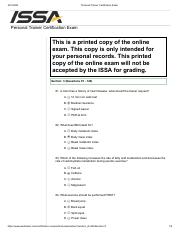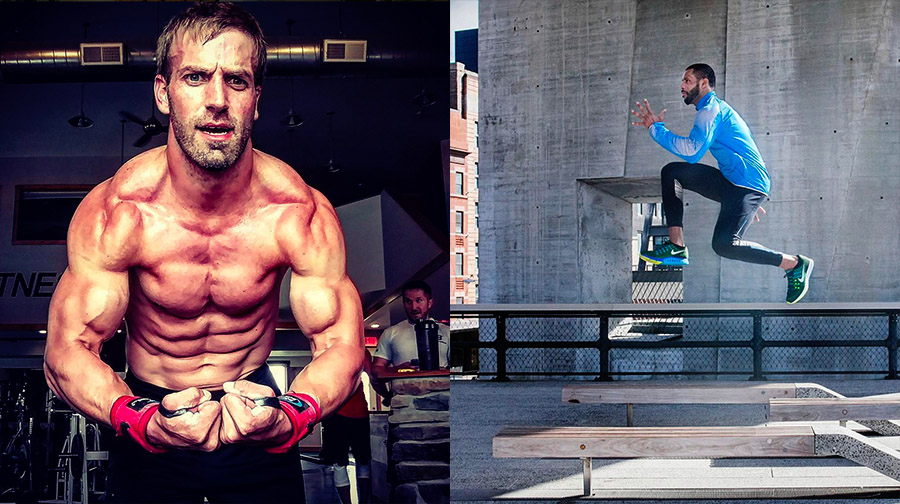
There are many variables to consider when you search for a Georgia personal coach salary. These factors include the expected growth, whereabouts and certification requirements. Below you'll find the average salary and expected increase for this job. This position has an average pay, although the actual salary can vary depending on where you live.
Average salary
The salaries for personal trainers in Georgia range from $18,319 up to $101,573. The median salary for Personal Trainers is $51,879 per annum. These salaries include an average of 22% federal tax and 6% state income taxes. Accordingly, a personal training professional in Atlanta, Georgia could earn $42,310 per year, or $1763 per month.
Many factors influence the salary of a Personal Coach, such as experience, location and commission. These salary figures are only meant to give a general idea of what a Personal Trainer can expect. They can also work for gyms, fitness centers, or as a self-employed trainer.

Certifications are required
Georgia does not require a statewide certification for personal trainers, however they should have some education and training. Many employers are looking for GED or high school graduates. They should also have some form of certification such first aid or CPR. Although not mandatory, a post-secondary education can provide valuable background knowledge and help individuals get started faster. Those without certifications may need to train under an experienced personal trainer in order to gain more knowledge and experience.
The University of Georgia Griffin Campus offers a certificate in personal training. World Instructor Training Schools presents this program. It includes a 30 hour internship and eight weeks' of coursework. It includes 62 hours of classroom instruction, practical training and a national certification exam. The curriculum covers many subjects such as exercise physiology and biomechanics.
Locations
Georgia is experiencing an increase in personal trainers faster than any other state. According to the labor division, there should be a 24.7 % increase in employment from 2008 to 2018. This should lead to around 70 new jobs a year. As for location, Savannah tops the list. Sandy Springs and Alpharetta also make the top ten.
Georgia is a diverse country. It isn't the most successful, but it has great healthcare options and business freedom. It is also the 26th most fit state in the country. There are many personal trainers in this area due to its large and diverse population.

Expected growth
Georgia personal trainers make on average 4.2% higher than the national average. Experienced individuals can expect to make 3.8% less. According to Georgia labor department, there will be a 24.7% increase in personal trainer jobs between 2008 and 2018. A personal trainer in Georgia can earn around $38,000 an annual salary. Personal trainers in Georgia hold a majority of bachelor's degrees.
Georgia has a high prevalence of obesity. About 65% Georgians are obese or overweight. This is why personal trainers in Georgia are needed to promote good health and healthy eating habits. Their work will include working with all ages, including children and seniors. Some of these individuals might need special exercises because they may have joint issues.
FAQ
Do I need warmth before I exercise?
Warming up prior to an activity helps reduce muscle soreness. It also improves performance. Warming up can take many forms, including walking, running or jumping rope, stretching, or cycling. You can start slowly and increase your intensity gradually.
Which Is Most Important: Diet, Exercise, or Sleep?
The answer depends on what you want to achieve. Diet is key to losing weight. Exercise is important for building muscle mass. Sleep is not as important as it seems, since it has no effect on how you perform throughout the day.
Is it possible not to be thin enough?
Yes! Being underweight or having an eating disorder are both unhealthy. It is not normal for someone to weigh less than their ideal height. Other symptoms include feeling tired, weak and dizzy.
Why is it important for you to get enough rest?
Sleep is essential for maintaining a healthy lifestyle. Your body needs sleep to heal itself from daily stressors. You can function at your best throughout the day if you get enough sleep each night.
Can I exercise after eating?
It all depends on which type of exercise you are performing. Avoid strenuous exercises after meals. It could cause stomach cramps. Instead, focus on light aerobic activities like brisk walking or biking.
What can exercise do for your body and mind?
Exercise can help you lose weight. Build muscle mass, increase energy, reduce stress, and improve quality of your sleep. Exercise has many benefits, including improved moods, higher self-esteem, greater productivity, and lower risk of heart disease.
What are resistance training exercises?
Resistance training can be done with weights or other objects. Lifting weights, for example, can help strengthen your arms and shoulders, chest, backs, legs, core, and core. Resistance training improves muscle mass, bone density and overall strength.
Statistics
- Globally, 28% of adults aged 18 and over were not active enough in 2016 (men 23% and women 32%). (who.int)
- An estimated 110,000 deaths per year could be prevented (cdc.gov)
- According to the Centers for Disease Control and Prevention, chronic diseases cause 7 out of 10 deaths in the U.S., and treating chronic diseases accounts for 86% of U.S. healthcare costs. (mana.md)
- In high-income countries, 26% of men and 35% of women were insufficiently physically active, as compared to 12% of men and 24% of women in low-income countries. (who.int)
External Links
How To
How to stay fit at 40
This article helps those over 40 to keep their body strong and healthy. It covers some basic advice on how to eat right, exercise, sleep well and take care of your mental health. This article contains tips and tricks to live longer, healthier lives.
-
Eat right - It is important to eat the right food when you are trying to lose weight. You should avoid processed food products. Instead, eat whole foods, fruits, vegetables. You can always add more to your diet if you don't enjoy what you eat. Don't starve yourself; this won't help you lose weight. Start incorporating small amounts of new foods into your daily diet. For example, if you normally only eat chicken breast, try turkey once weekly. Or if you love pasta, try rice occasionally. Consider including these foods in your daily meals.
-
Exercise - You should exercise at least three days per week. Cardio activities include running, swimming and biking. Get enough sleep. It is recommended that you sleep for at least 8 hours each night. Drink plenty of water throughout the day. You should aim to consume 2 liters (0.5 Gallons) of water per day.
-
Sleep well - A good night's sleep is key to staying healthy. The National Sleep Foundation states that adults need 7-8 hours sleep per night to be in good physical and mental health. Most people get less than 6 hours sleep each night. Changes in your sleeping habits can make you more tired. By changing your sleeping time, you will be able to catch up more sleep. Additionally, try turning off your phone before going to bed so that you can wind down and relax. Avoid caffeine after noon, as it can cause sleeplessness.
-
Take care of your mental well-being - It's important to take good care your mind and keep your body in tip top shape. Stress can lead you to make poor choices in food and lifestyle choices. Meditation, yoga, breathing exercises and relaxation techniques are all good stress management tools. Do something that is enjoyable for at least an hour. You can do this by going for a walk or reading, playing sports, listening to music, or watching TV.
These four simple steps will help you live a longer, healthier life. These are simple steps that will help you reach your fitness goals.